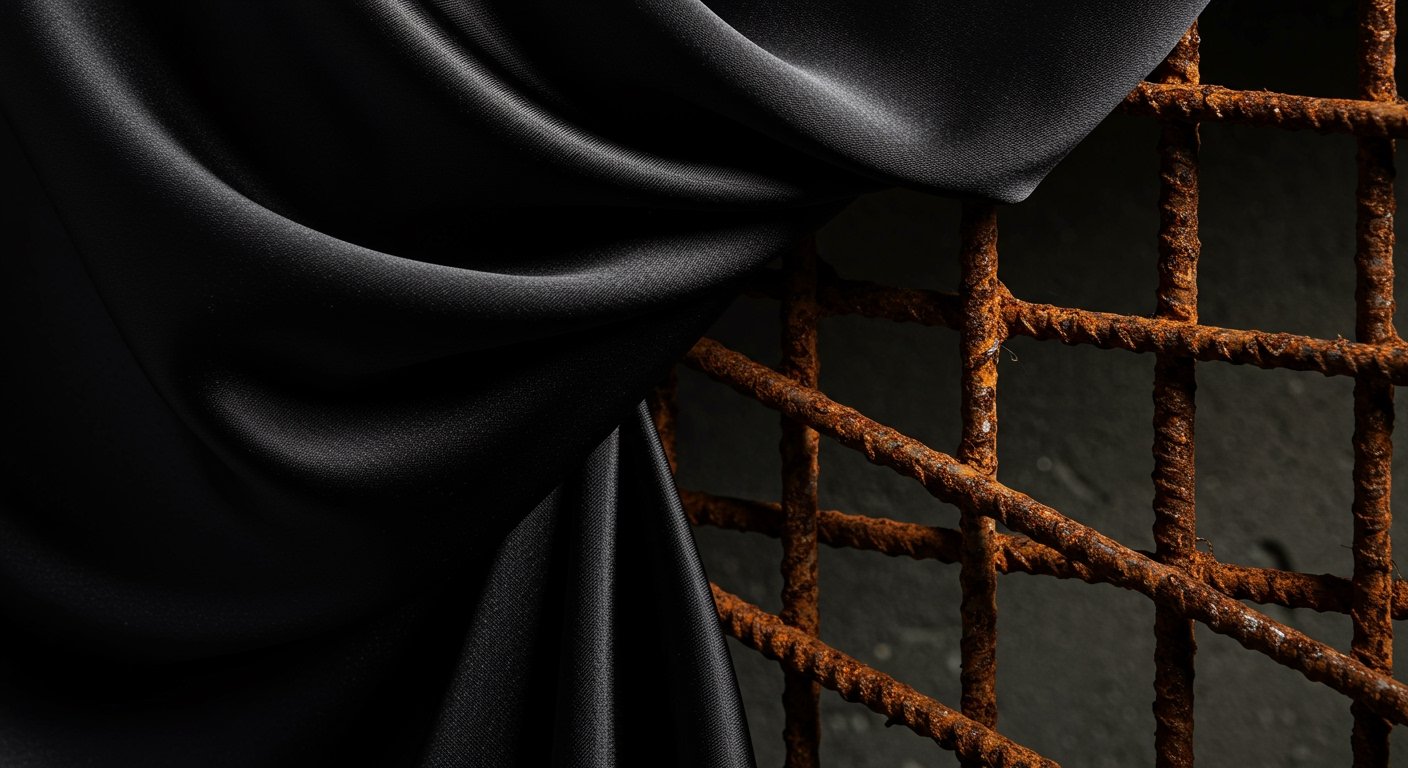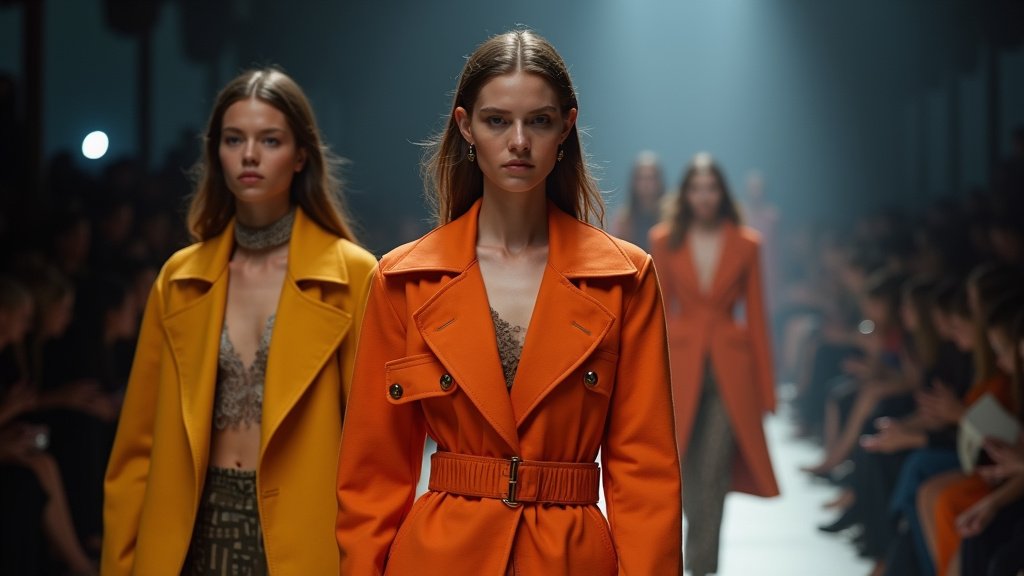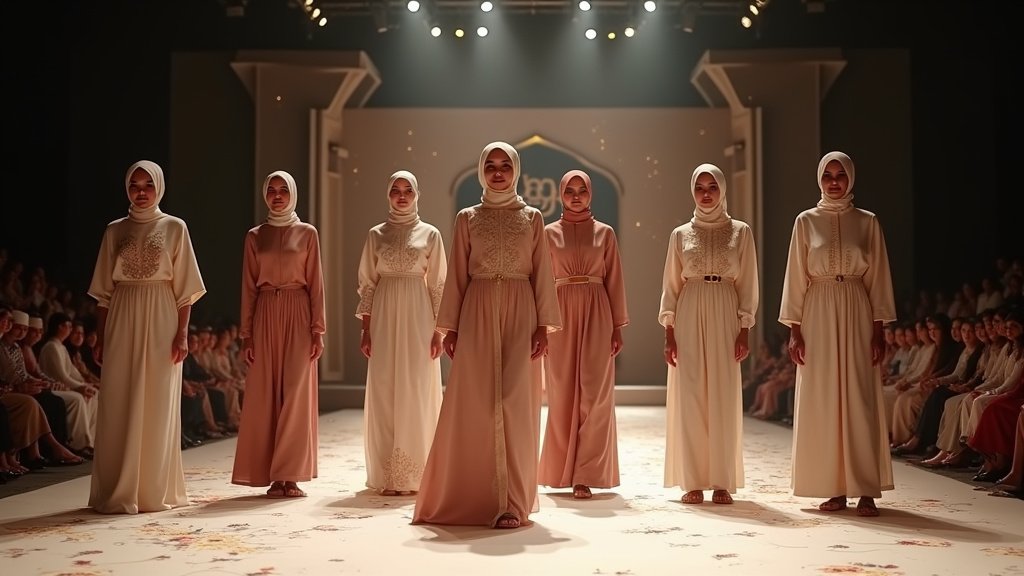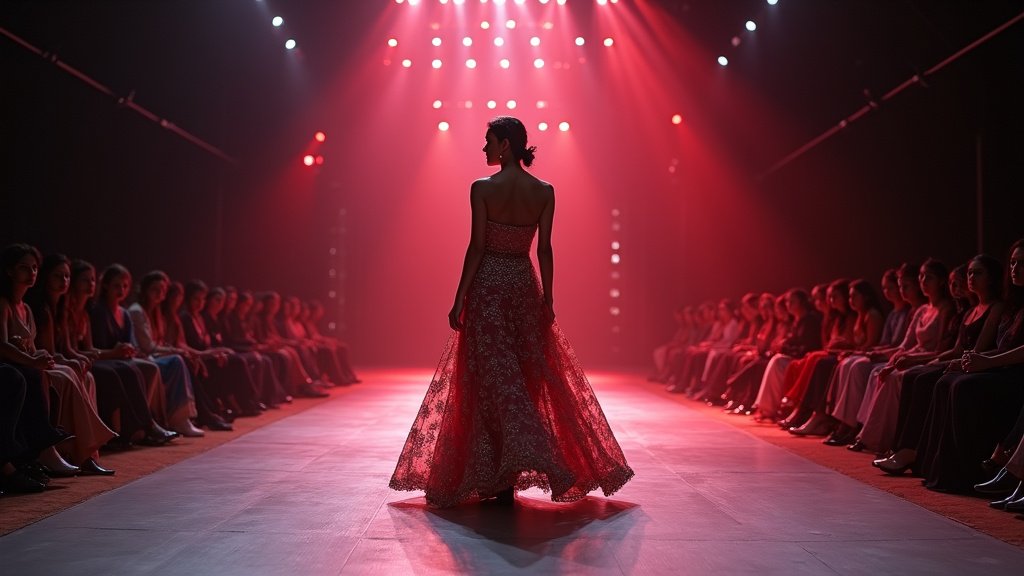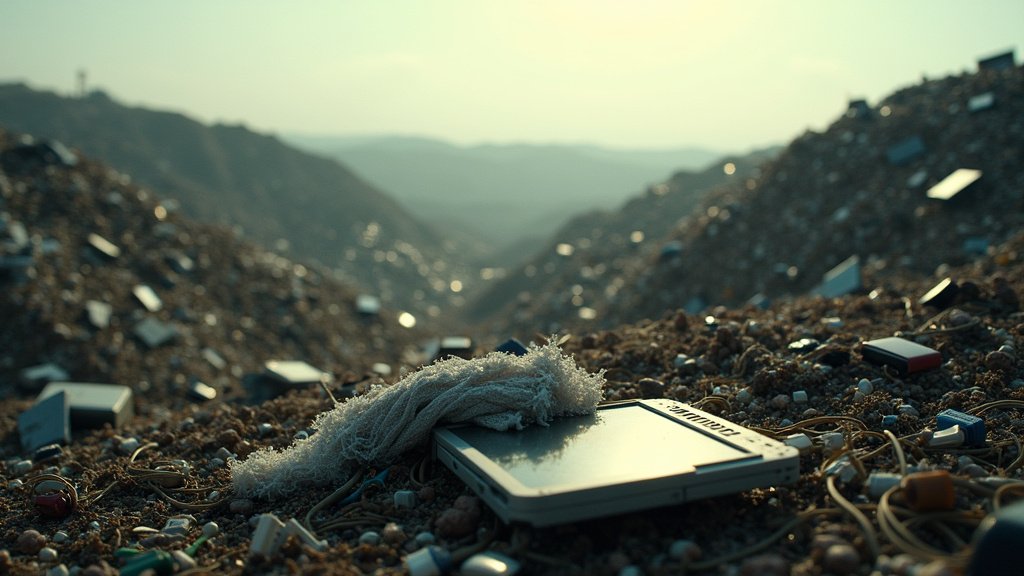SAN SALVADOR – Salvadoran President Nayib Bukele on Sunday sharply criticized Paris Fashion Week, accusing the prestigious international event of “glorifying criminals” following a controversial show presented in Paris on Friday.
The presidential denunciation specifically targeted a presentation by Mexican-born, US designer Willy Chavarria, whose latest collection featured imagery intended to evoke the harsh realities faced by individuals held in El Salvador’s maximum-security mega-prison.
The Paris Presentation
The runway show, held in the fashion capital of Paris on Friday, was conceived by designer Willy Chavarria as a form of artistic protest and commentary. The presentation reportedly included elements that depicted or referenced prisoners within El Salvador’s state-of-the-art detention facility. While details of the precise visual representation were not immediately available, the designer’s apparent intent was to draw global attention to conditions or policies associated with the prison system, particularly the controversial facility that has become a symbol of President Bukele’s stringent crackdown on gang violence.
Chavarria, known for designs that often incorporate social and political themes, utilized the high-profile platform of Paris Fashion Week to stage this visual statement. The intersection of high fashion and stark social commentary is not unprecedented, but the direct reference to a specific, highly politicized facility in El Salvador quickly sparked international attention.
Presidential Response and Accusation
President Nayib Bukele, who has cultivated a strong public image centered around his tough-on-crime policies and the significant reduction in homicides attributed to them, responded swiftly and unequivocally to the news of the fashion show.
Via social media, a platform he frequently uses for direct communication, President Bukele issued his strong rebuke. He specifically labeled the Paris Fashion Week show as an act of “glorifying criminals.” This phrasing directly links the artistic depiction of prisoners to an endorsement or celebration of criminal activity, a perspective that underscores the deep political divide surrounding the country’s security strategy and the rights of detainees.
For President Bukele and his supporters, the mega-prison represents a necessary tool to dismantle powerful criminal gangs that have plagued the nation for decades. Depictions of individuals within this system, particularly without a clear condemnation of their alleged crimes, are seen as potentially undermining the government’s efforts and showing undue sympathy towards those deemed responsible for widespread violence.
Artistic Expression vs. State Narrative
The controversy highlights the perennial tension between artistic freedom and political narratives. Designer Willy Chavarria’s decision to feature themes related to El Salvador’s prison system can be interpreted as an attempt to use art as a catalyst for dialogue or protest, potentially questioning the human cost of mass incarceration or drawing attention to conditions within the facilities.
However, President Bukele’s administration views such artistic commentary, especially on an international stage like Paris Fashion Week, as a potential threat to the legitimacy of its security policies. The accusation of “glorifying criminals” frames the artistic expression not as critique or commentary, but as an act that aligns with or promotes those the government is actively seeking to suppress.
The specific focus on the mega-prison is particularly potent. This facility, officially known as the Center for the Confinement of Terrorism (CECOT), was built to house tens of thousands of inmates apprehended during the country’s ongoing state of exception, a period granting expanded powers to security forces. While the crackdown has been popular domestically due to dramatic drops in crime rates, it has also drawn significant criticism from international human rights organizations regarding due process, mass arrests, and conditions of detention.
Broader Implications
This incident transcends a mere fashion show; it represents a clash of global perspectives on human rights, security, and the role of artistic expression in political discourse. Paris Fashion Week is a globally watched event, and any political statement made within its framework resonates far beyond the confines of the fashion industry. Similarly, President Bukele’s response, amplified through his significant international social media presence, ensures the controversy receives widespread attention.
The designer’s motivations behind depicting the prisoners, whether to highlight human rights concerns, protest specific policies, or simply use powerful imagery, are now subject to intense public debate, overshadowed by the head of state’s direct and forceful condemnation.
Looking Ahead
The exchange between a leading international fashion event and the president of a Central American nation underscores the interconnectedness of culture, politics, and human rights in the modern era. It remains to be seen if Paris Fashion Week organizers, Willy Chavarria, or any other parties involved in the show will issue a public response to President Bukele’s accusation. However, the incident has already served to thrust El Salvador’s contentious security policies and its high-profile mega-prison into the spotlight of the international cultural conversation, albeit through a highly charged and controversial lens.
The controversy serves as a potent reminder that even seemingly apolitical arenas like fashion can become platforms for significant geopolitical and human rights discussions, often sparking swift and powerful reactions from those in positions of power.

